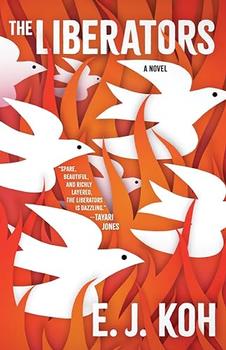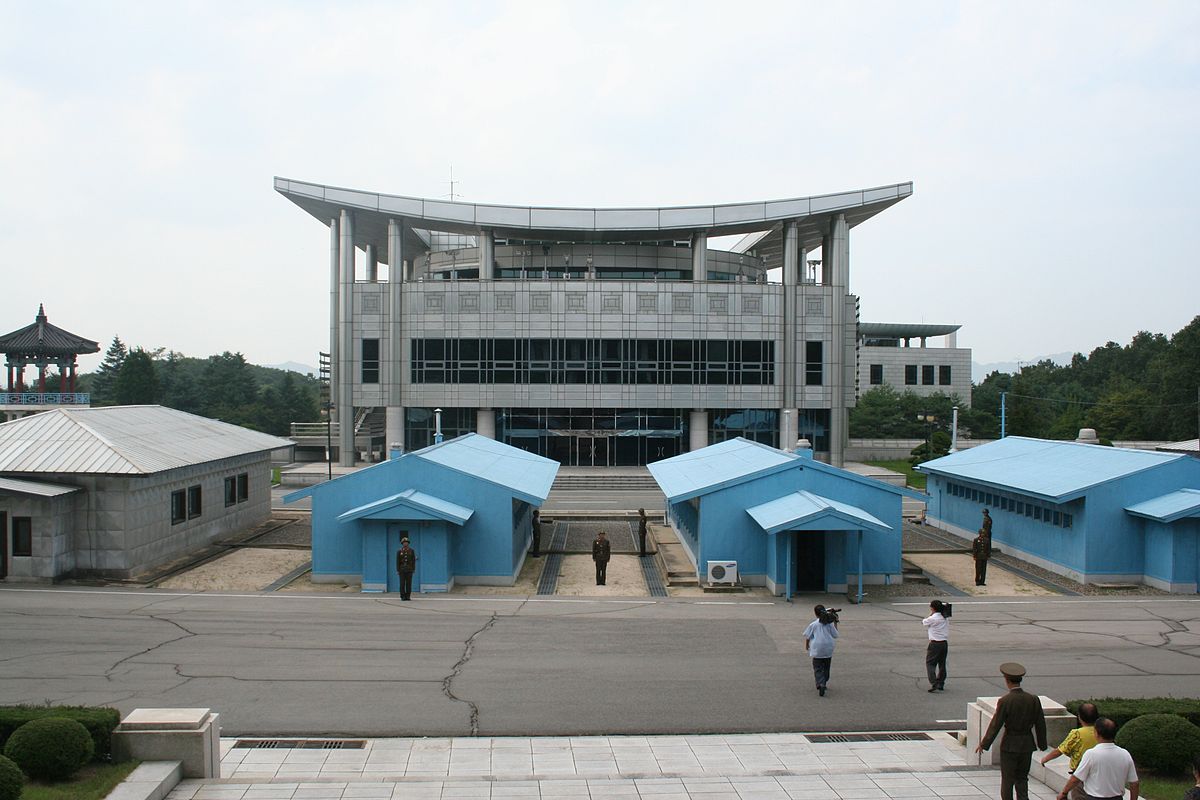Summary | Excerpt | Reviews | Beyond the book | Read-Alikes | Genres & Themes | Author Bio

Extraordinarily beautiful and deeply moving, The Liberators is an elegantly wrought family saga of memory, trauma, and empathy, and a stunning testament to the consequences and fortunes of inheritance.
At the height of the military dictatorship in South Korea, Insuk and Sungho are arranged to be married. The couple soon moves to San Jose, California, with an infant and Sungho's overbearing mother-in-law. Adrift in a new country, Insuk grieves the loss of her past and her divided homeland, finding herself drawn into an illicit relationship that sets into motion a dramatic saga and echoes for generations to come.
From the Gwangju Massacre to the 1988 Olympics, flashbacks to Korean repatriation after Japanese surrender, and the Sewol ferry accident, E. J. Koh's exquisitely drawn portraits and symphonic testimony from guards, prisoners, perpetrators, and liberators spans continents and four generations of two Korean families forever changed by fateful past decisions made in love and war.
American responsibility for a split Korea (both for the initial fissure and its enduring existence) casts a long shadow across the novel. In just over 200 pages, EJ Koh covers a remarkable amount of 20th century Korean history, with enough detail to offer vital context for the characters' homesickness for a homeland that has become unrecognizable, that has been irreparably broken by political gamesmanship and imperialism. Koh's writing has a natural elegance. She can set a scene with poetic acumen; the dry cleaning business Sungho opens is "in a building where green bottle flies as smooth as sea glass swarmed." She cleverly and aptly captures a character's essence with minimal description...continued
Full Review
 (680 words)
(680 words)
(Reviewed by Lisa Butts).
 In EJ Koh's The Liberators, Insuk's friend Robert is an activist passionately in favor of the reunification of North and South Korea. Korea was occupied by Japan from the early 20th century through 1948; when the Japanese surrendered at the end of World War II, Korea was split along the 38th parallel by the United States. The northern region was occupied by the Soviet Union, and the southern by the US. This was meant to be a temporary solution to instability but the split has continued through the present day, cemented in part by the Korean War. Efforts toward and talk of reunification have been a regular part of Korean diplomacy ever since.
In EJ Koh's The Liberators, Insuk's friend Robert is an activist passionately in favor of the reunification of North and South Korea. Korea was occupied by Japan from the early 20th century through 1948; when the Japanese surrendered at the end of World War II, Korea was split along the 38th parallel by the United States. The northern region was occupied by the Soviet Union, and the southern by the US. This was meant to be a temporary solution to instability but the split has continued through the present day, cemented in part by the Korean War. Efforts toward and talk of reunification have been a regular part of Korean diplomacy ever since.
In 1972, North and South Korea issued the July 4 South-North Communiqué, which presented...

If you liked The Liberators, try these:

by Susan Choi
Published 2025
A novel tracing a father's disappearance across time, nations, and memory, from the author of Trust Exercise.

by Wiz Wharton
Published 2025
Set between the last years of the "Chinese Windrush" in 1966 and Hong Kong's Handover to China in 1997, a mysterious inheritance sees a young woman from London uncovering buried secrets in her late mother's homeland in this captivating, wry debut about family, identity, and the price of belonging.